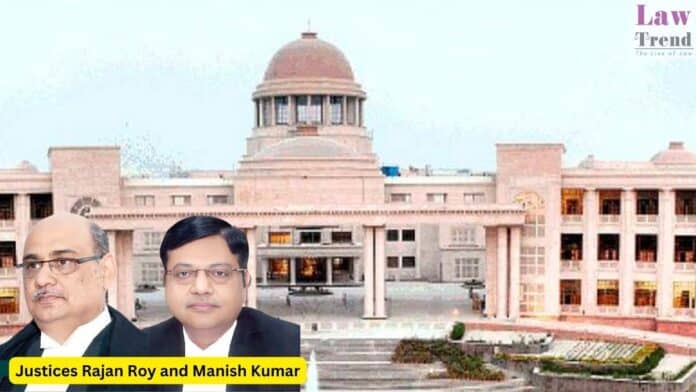The Allahabad High Court, Lucknow Bench, has quashed blacklisting orders issued against two private firms, ruling that such an action cannot be taken without a proper show-cause notice and cannot be for an indefinite period. Criticizing the officials for their “intransigent attempt to justify an unjustifiable act,” the court imposed costs of Rs. 50,000 on
To Read More Please Subscribe to VIP Membership for Unlimited Access to All the Articles, Download Available Copies of Judgments/Order, Acess to Central/State Bare Acts, Advertisement Free Content, Access to More than 4000 Legal Drafts( Readymade Editable Formats of Suits, Petitions, Writs, Legal Notices, Divorce Petitions, 138 Notices, Bail Applications etc.) in Hindi and English.




